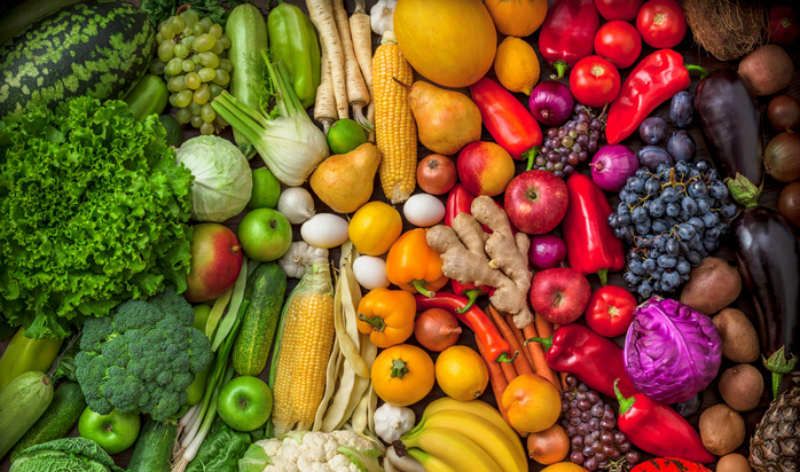What would happen if you prescribed fruits and vegetables like medication?
MDlinx Aug 31, 2023
We all know the figure of speech “An apple a day keeps the doctor away.” What would happen if doctors interpreted the phrase more literally and prescribed patients fruits and vegetables?

Well, significant health improvements for patients, says a team of researchers from Tuft University who, this 29 Aug, released a study on how fruit and vegetable prescriptions impact health.
To conduct the study, researchers evaluated data from participants in multiple produce prescription programs. These programs provided participants “prescriptions”—an allotted amount of money per month—to purchase fruits and vegetables. They found that these programs yielded significant health improvements for adults and children, including improvements in blood pressure, blood sugar, and BMI for adults with poor cardiometabolic health. Fruit and vegetable intake and food security also improved.
Results—namely, the programs’ impact on health status–were recorded based on self-reported health and metrics measured at clinics. Fruit and vegetable intake and food security status were assessed through surveys.
Hager K, Du M, Li Z, et al. Impact of Produce Prescriptions on Diet, Food Security, and Cardiometabolic Health Outcomes: A Multisite Evaluation of 9 Produce Prescription Programs in the United States. Circulation: Cardiovascular Quality and Outcomes. https://doi.org/10.1161/CIRCOUTCOMES.122.009520. August 29, 2023.
Fang Fang Zhang, senior author of the study and a nutritional epidemiologist and Neely Family Professor at the Friedman School at Tufts, said in a press release that the “findings provide important new evidence from a diverse set of programs for meaningful benefits of produce prescriptions, highlighting the need for clinical, policy, and healthcare payer and providers' efforts to implement produce prescription programs.”
Tufts University. Produce Prescription Programs Yield Positive Health Benefits for Participants, Study Finds. August 25, 2023.
The clinics, which established at 22 sites in 12 US states, were operated by Wholesome Wave, a nonprofit focused on addressing disparities in diet-related disease and nutrition equity. The median amount of money given across the clinics was $63 per month (an average of $112 per month for households with children and $43 for households without children) for 4 to 10 months and was provided via loyalty card, voucher, or debit card.
Jen Cadenhead, PhD, RDN, the executive director for the Laurie M. Tisch Center for Food, Education & Policy at the Teachers College of Columbia University, says that the concept of produce prescriptions is a “win-win” for combining medical expertise (eg, providers who give the prescription) and the evidence-based importance of healthy eating.
“Medical doctors are viewed as experts in improving health, so people will work to adhere to their provider’s prescriptions,” Dr. Cadenhead says. “Evidence-based nutrition education can help people to include produce into their lifestyle in a way that works for them—especially when they aren’t used to eating [it].”
Trista Best, MPH, RD, LD, a registered dietitian with Balance One Supplements who has worked in public health for 10 years, says that the results provide a “unique solution” for addressing some health disparities in underserved communities—notably those marked as food deserts. A food desert is an area that is largely devoid of affordable and/or nutritious foods.
In these areas, “residents often rely on fast food or convenience stores with processed options, leading to poorer dietary choices and health outcomes,” Best says.
“Incorporating produce prescriptions into medical advice [means that] individuals gain access to healthier options, effectively bridging the nutritional gap in these underserved communities,” she adds. “This approach not only promotes better eating habits but also elevates the importance of nutrition in overall well-being.”
What this means for you
Increasing access to and affordability of fruits and vegetables can encourage people to eat better and thereby improve health outcomes. Studies suggest that fruit and vegetable “prescriptions”—in the form of discounts or food vouchers—can further reduce nutritional disparities, too.
-
Exclusive Write-ups & Webinars by KOLs
-
Daily Quiz by specialty
-
Paid Market Research Surveys
-
Case discussions, News & Journals' summaries